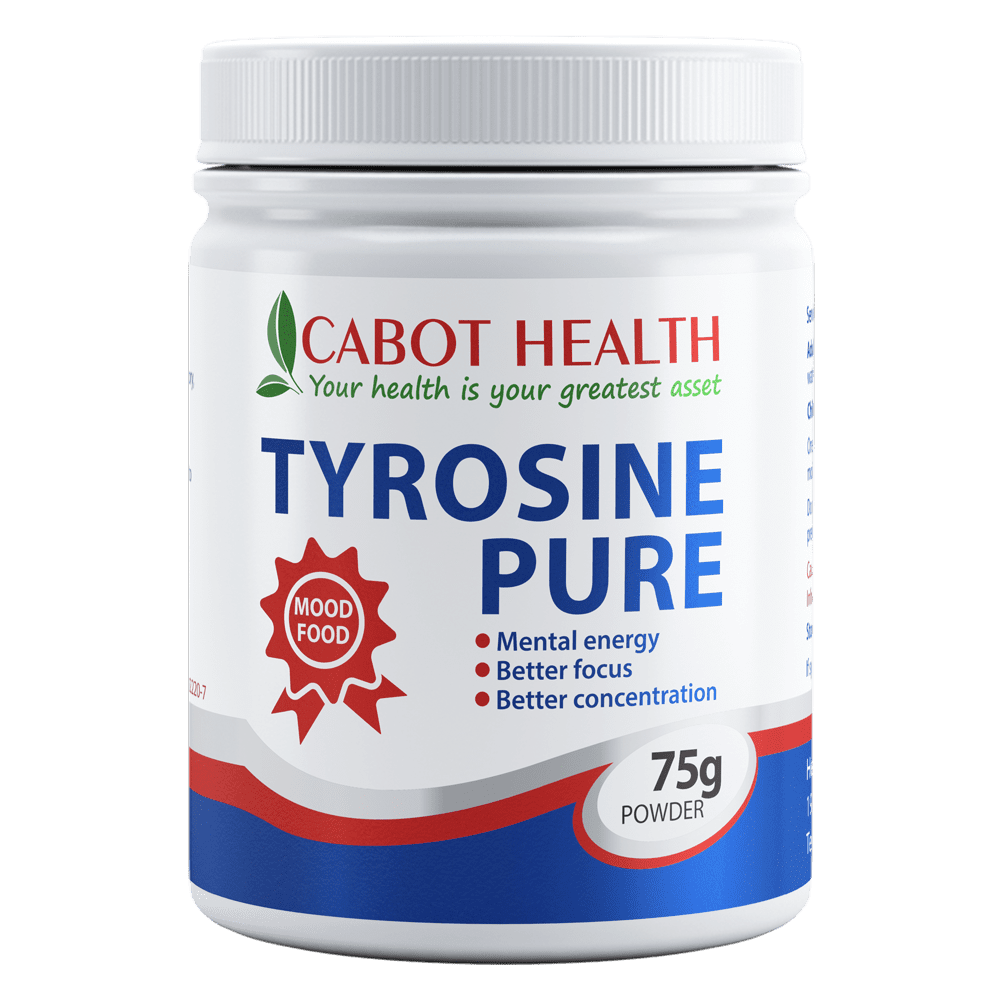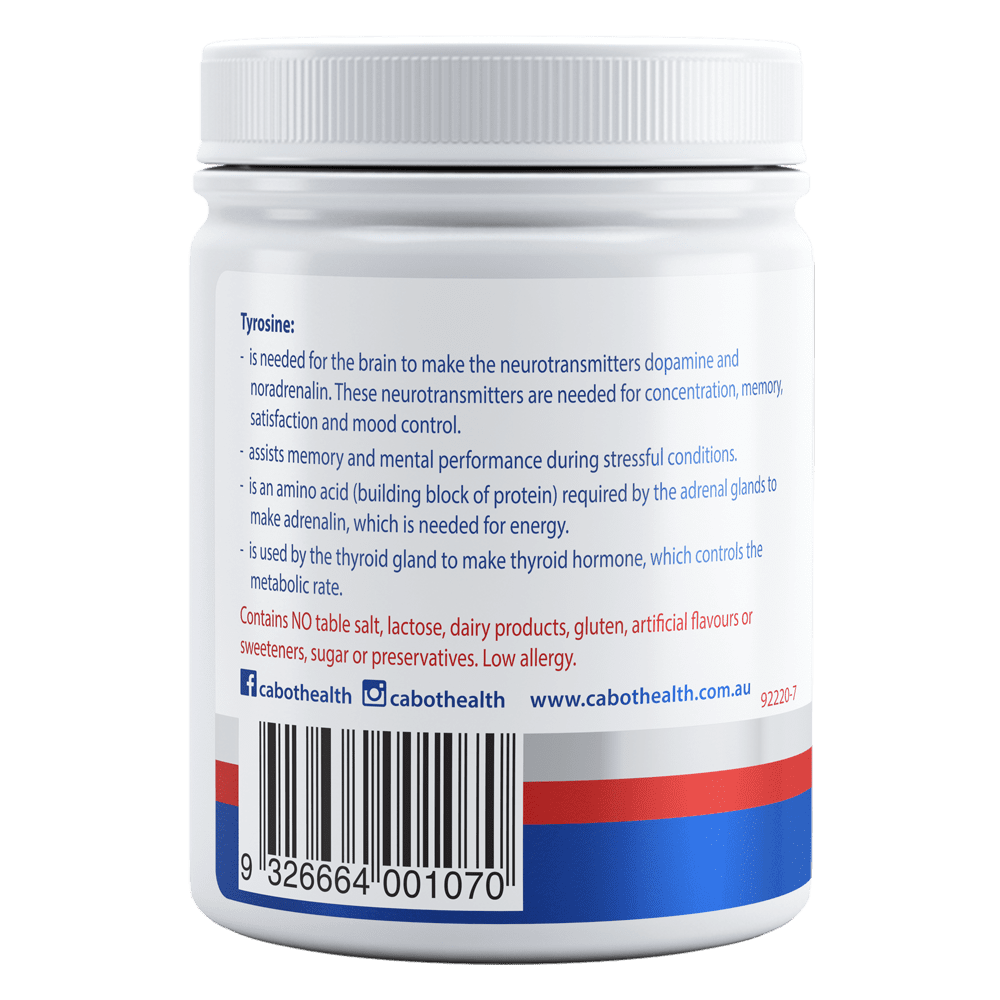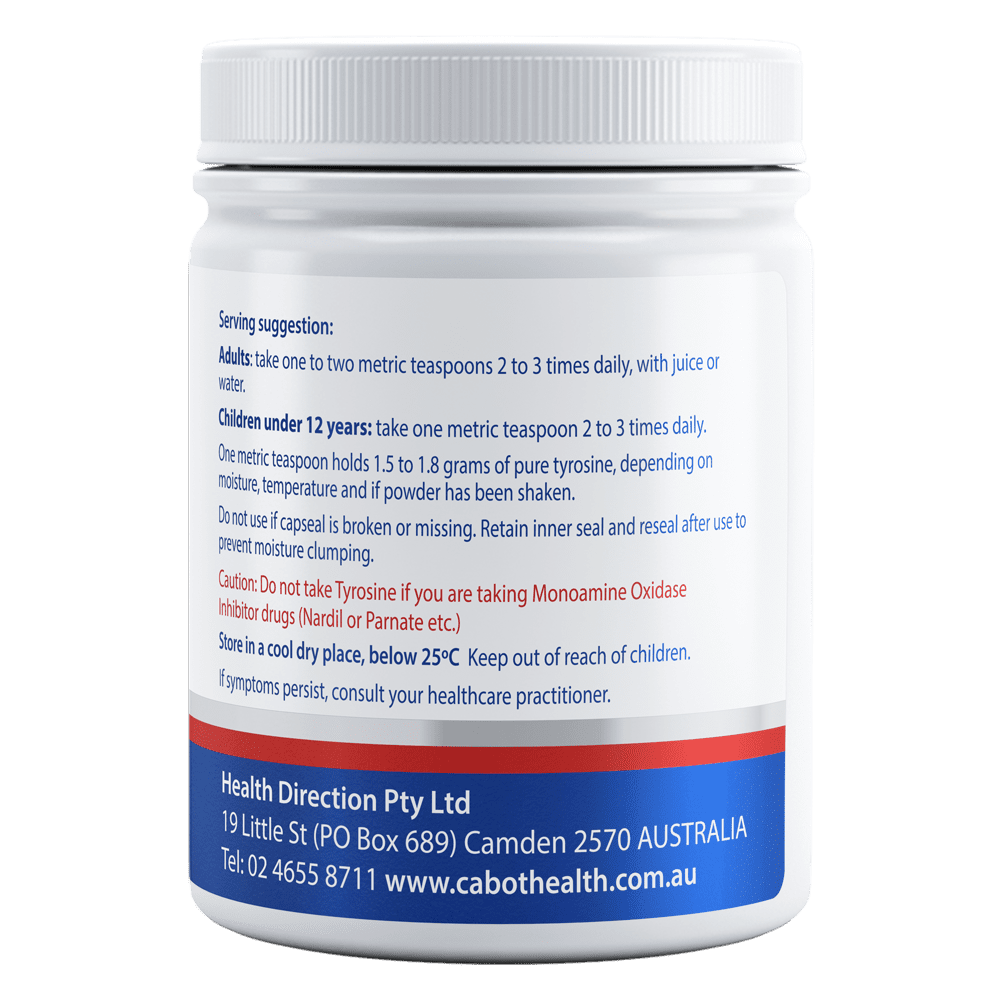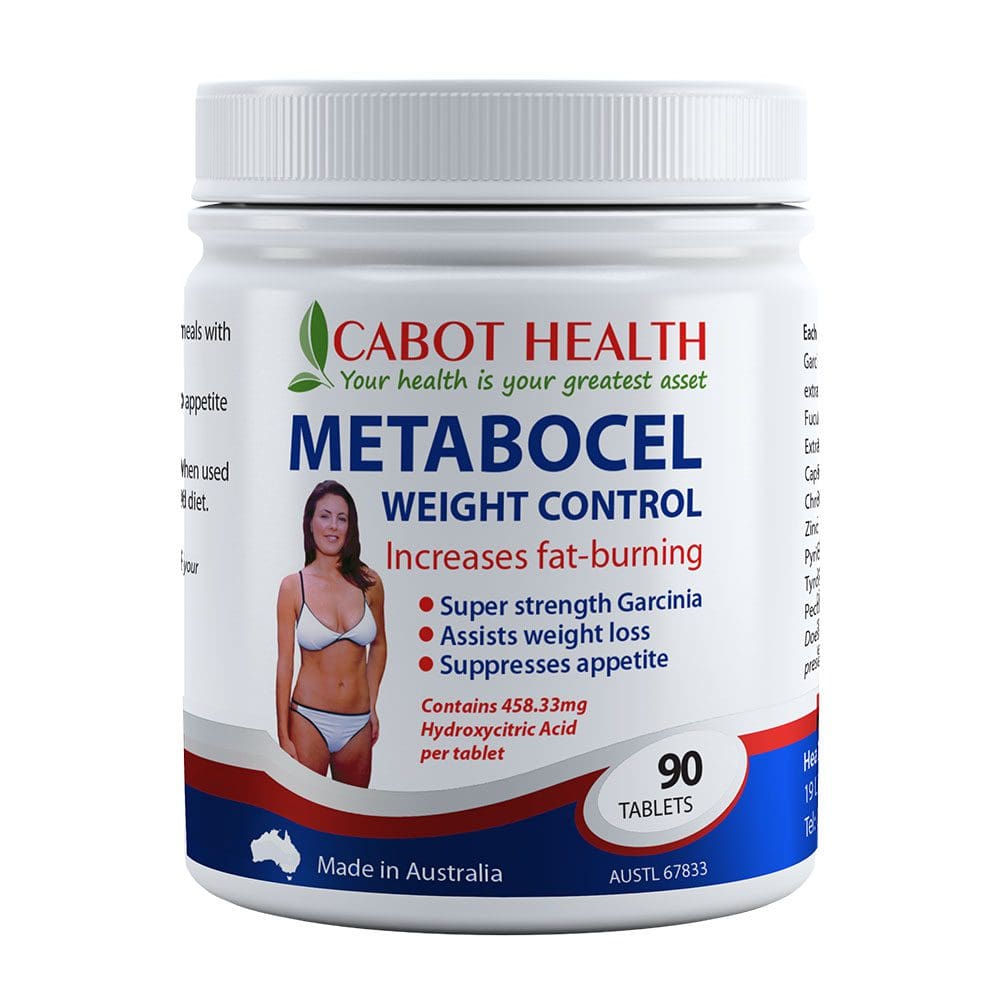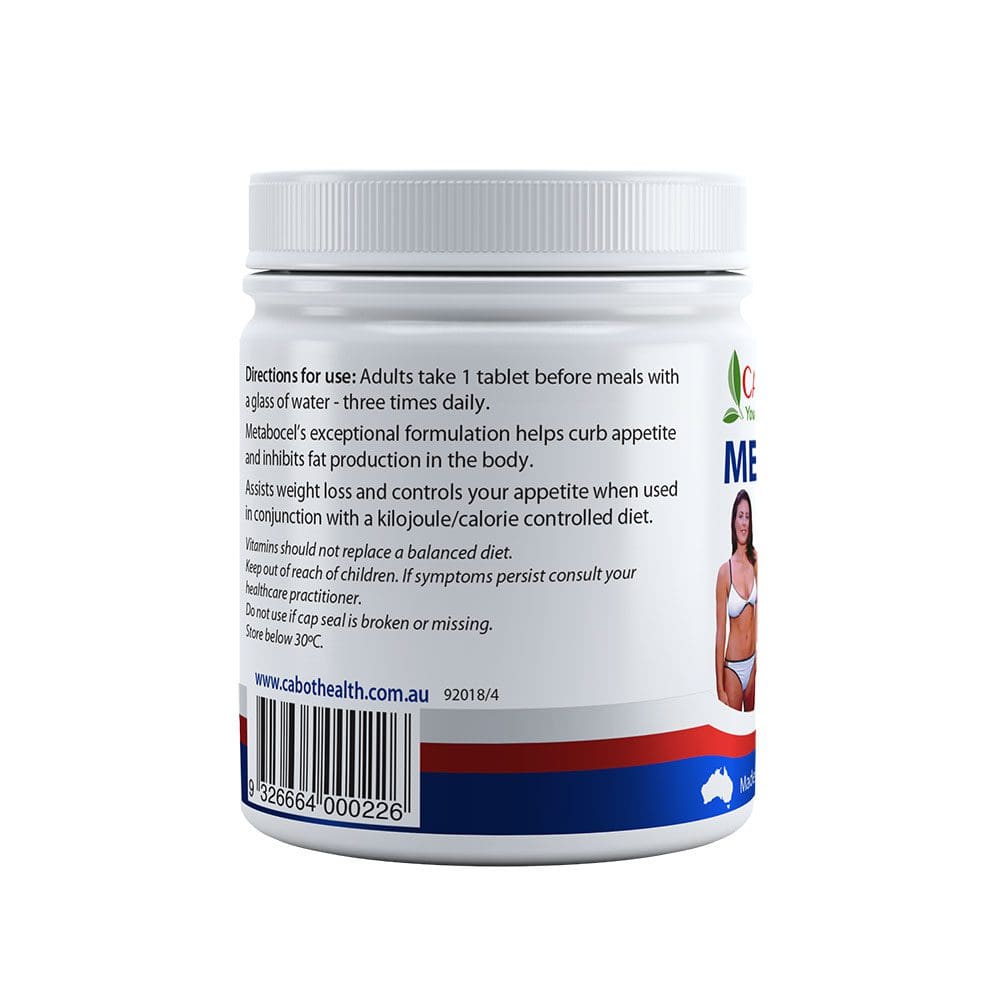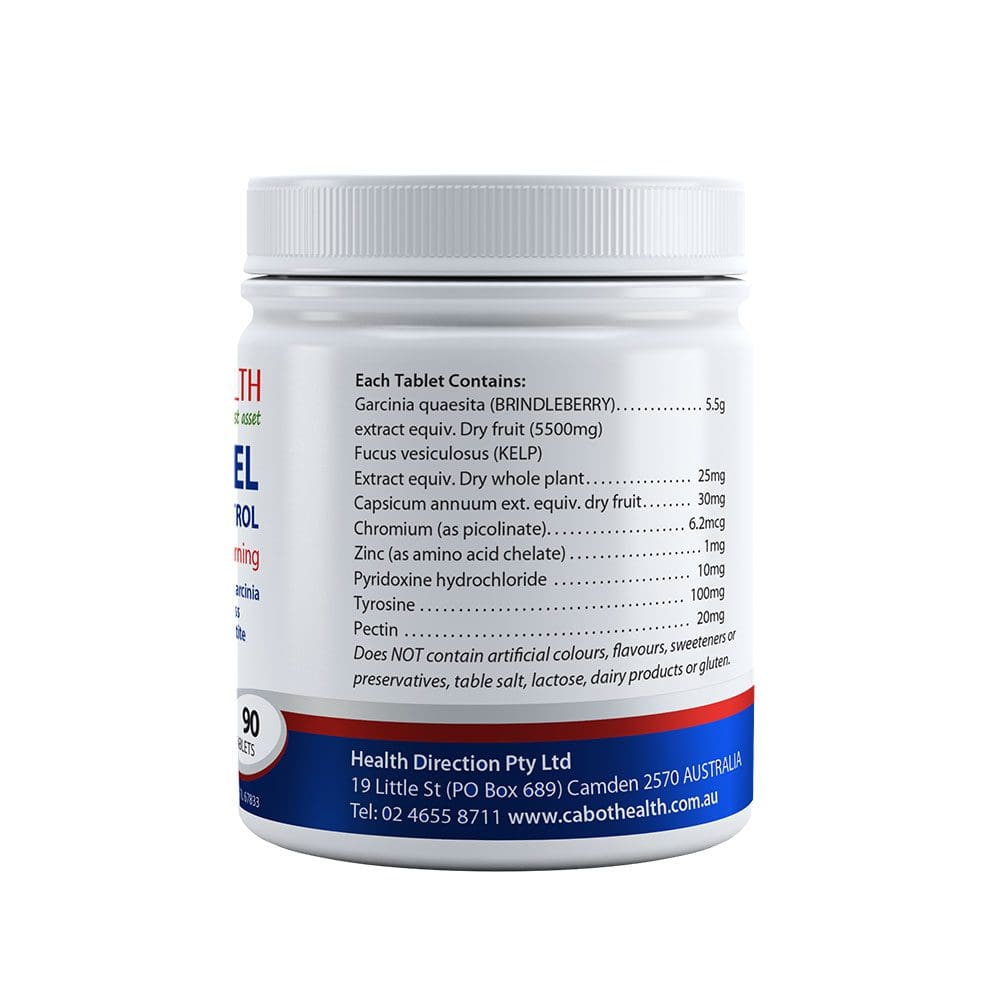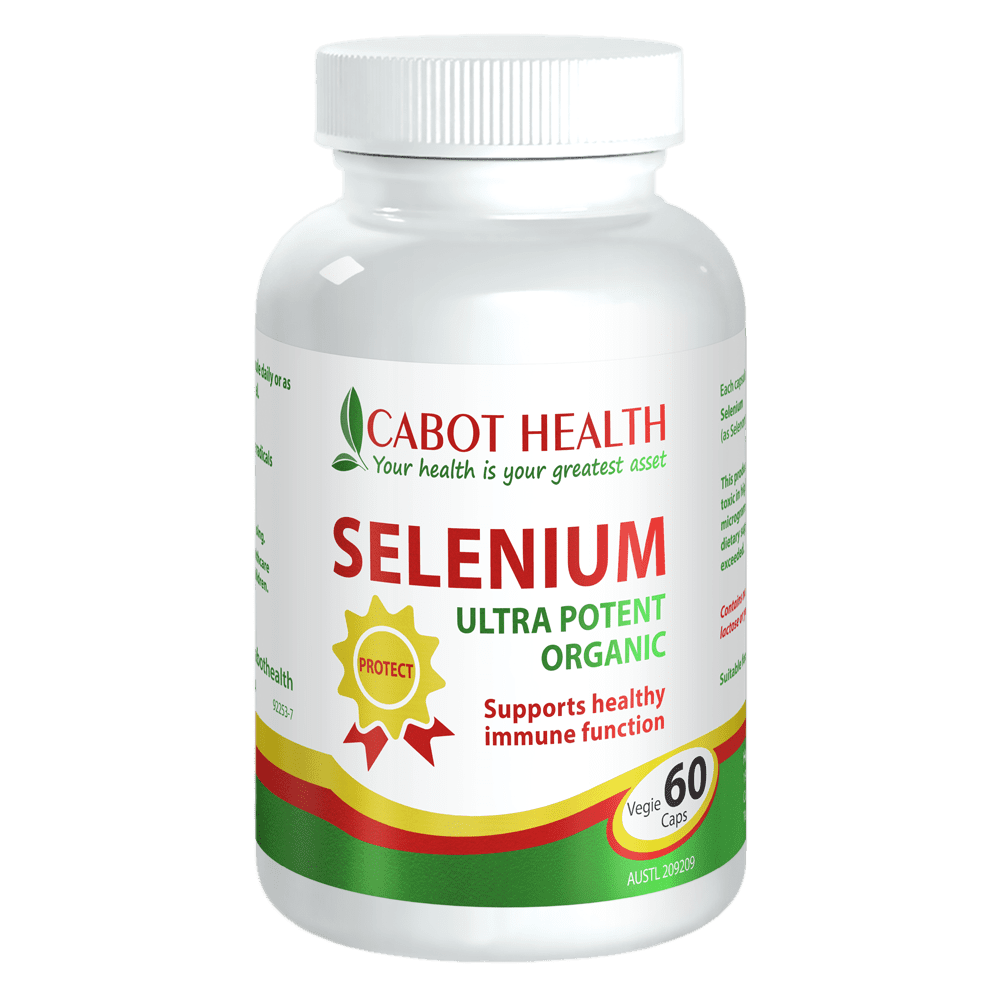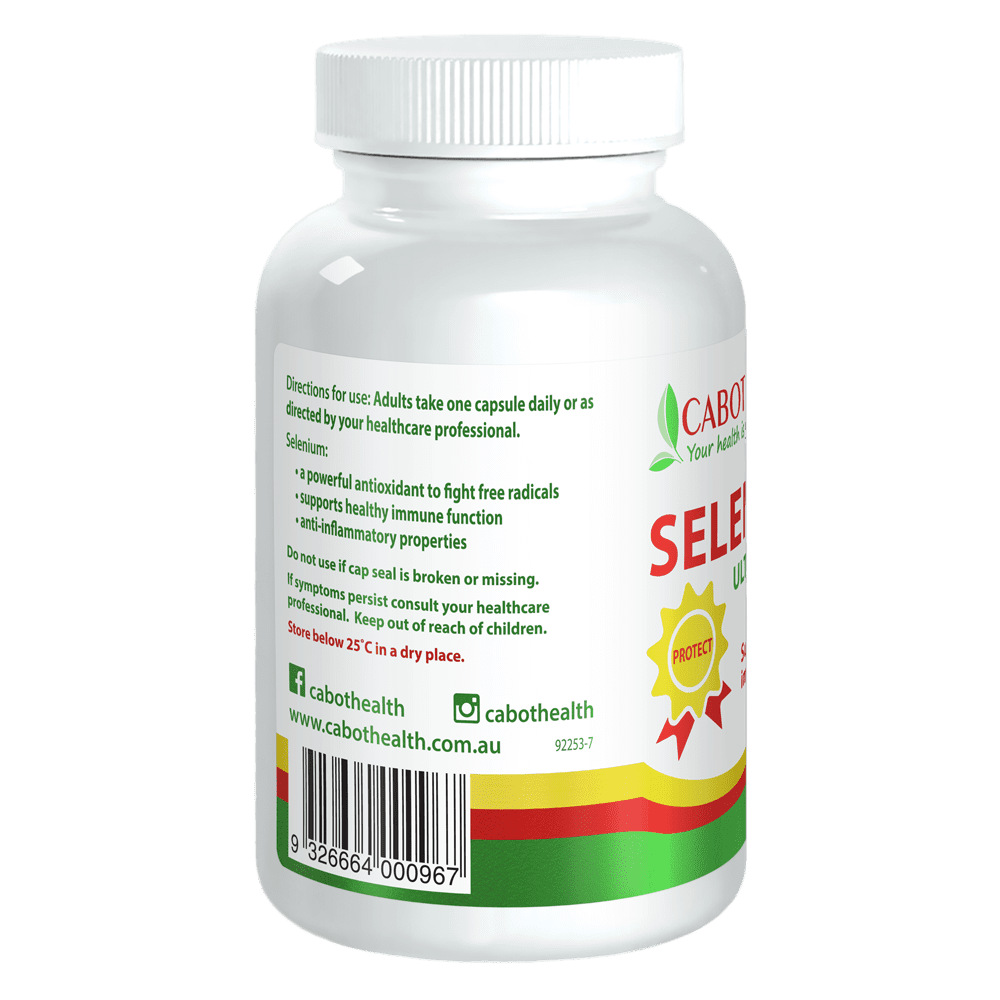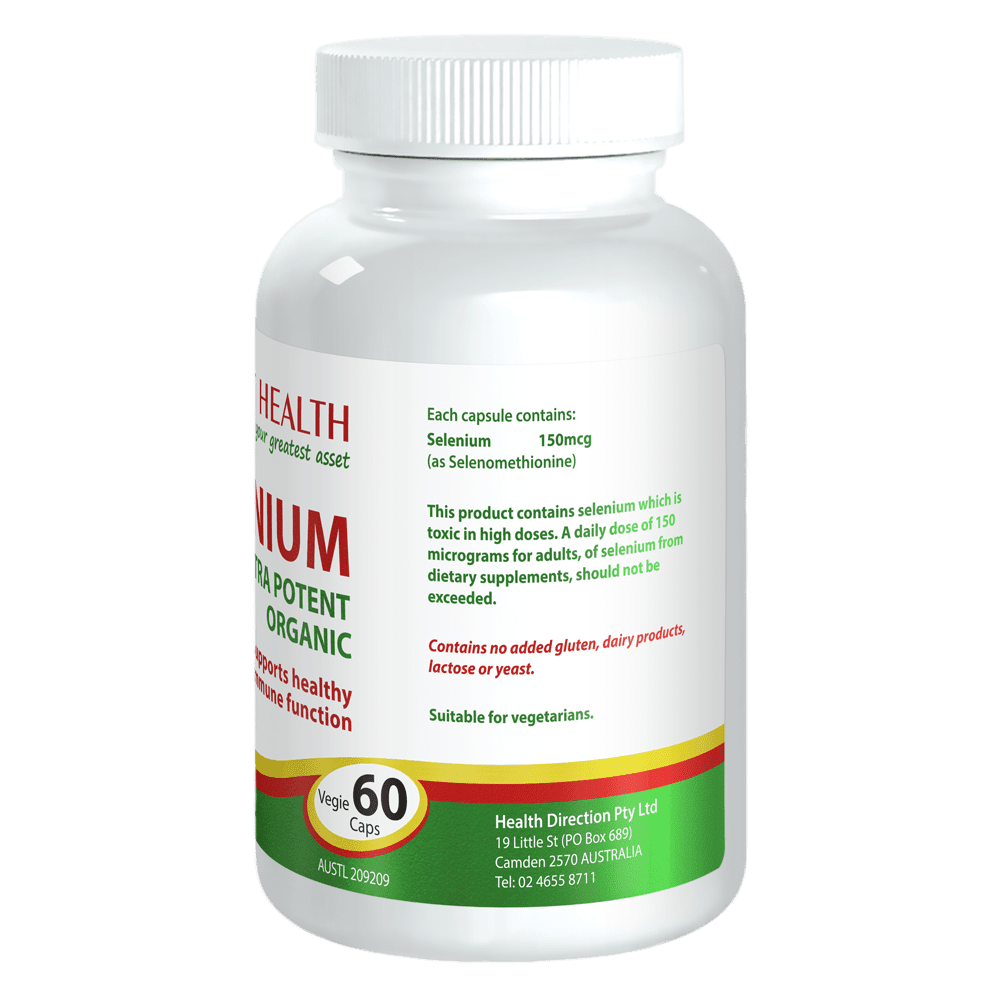Thyroid Health
The thyroid gland is a powerful butter-fly shaped gland located in the front of the neck that plays a vital role in controlling your weight, maintaining your energy levels, keeping your immune system strong and boosting your mood. It struggles to cope with the many toxins and pollution that are present in today’s environment and as a result thyroid disorders are becoming more and more prevalent.
The thyroid gland produces the hormones T3 and T4, which are responsible for controlling the basic activity of each cell in the body, including metabolism, growth and development. The most common thyroid problems are where the gland is underactive; not producing enough hormone, or overactive; where it produces excessive amounts of hormone.
The majority of thyroid conditions in the western world are due to autoimmune thyroid disease, specifically Hashimoto’s thyroiditis, Graves’ disease and postpartum thyroiditis. Graves’ disease is the most common cause of an overactive thyroid, while most cases of an underactive thyroid are caused by Hashimoto’s thyroiditis. Autoimmune disease is where your immune system fails to differentiate between your own body and foreign tissue, and produces antibodies that attack and destroy your own organs, in this case, the thyroid gland.
Symptoms of Hypothyroidism
(underactive thyroid)
- Lethargy and fatigue
- Unexplained weight gain
- Decreased appetite
- Increased sensitivity to cold
- Slow, heart rate (bradycardia)
- Slow, weak pulse
- Goitre (enlarged thyroid)
- Depression
- Poor concentration
- Poor memory
- Mental confusion
- Loss of libido
- Dry skin and hair
- Ageing skin
- Scalp hair loss and loss of hair from eyebrows
- Constipation
- Deeper, hoarse voice
- Muscle weakness, especially in the arms and legs
- Slow reflexes
- Carpel tunnel syndrome
- Aches and pains in muscles and bones
- Infertility
- Fluid retention
- Puffiness around the eyes
Symptoms of Hyperthyroidism
(overactive thyroid)
- Rapid pulse and heart palpitations
- Fast heart rate (tachycardia)
- Increased sweating
- Increased appetite
- Weight loss
- Inability to sleep
- Irritability, anxiety, nervousness and even panic attacks
- Diarrhoea or frequent bowel movements
- Hand tremors
- Mood swings
- Goitre
- Raised, thickened skin over the top of the feet or shins
- Fatigue
- Shortness of breath
- Weakness
- Thin, moist skin
- Menstrual periods becoming very light or stop altogether
- Joint pains
- Difficulty concentrating
- Brittle nails
- Eye complaints, especially bulging or gritty eyes
- Muscle weakness, particularly in the shoulders and thighs
- Angina worsens in people with heart disease

Prevention Tips
- Stay hydrated – Ensure you have adequate hydration by aiming to have 2 litres of water a day.
- Minimise stress – Stress impacts hormones and is known to worsen inflammation. Stress can raise levels of cortisol and adrenaline which can worsen symptoms of thyroid disease. Try relax by doing yoga, meditation or listening to some relaxing music.
- Be active – Regular exercise promotes healthier sleep, reduces stress and contributes to a healthier weight, symptoms that are associated with hypothyroidism.
- Identify if you are gluten intolerant – Research has shown that gluten intolerance can be a triggering factor in autoimmune thyroid disease. Gluten is a protein present in wheat, rye, oats and barley. The best way to test if you are gluten intolerant is to eliminate all gluten containing foods from your diet for 3 to 6 months and observe the difference in your health and bowel function. After this period, eat gluten again and see how you feel. If you feel unwell or bad in any way after eating gluten, then you should stay off gluten permanently.
- Love your liver – The liver is the main site that converts thyroid hormone (T4) into its more active form (T3). If you have a sluggish or fatty liver, this conversion will be impaired. Liver-friendly foods include fresh fruits and vegetables which are high in antioxidants.
- Consume good fats – Beneficial fatty acids are found in oily fish (salmon, sardines, tuna, anchovies, mackerel), raw nuts and seeds, cold pressed vegetable and seed oils, avocadoes, and organic coconut oil. These fats can decrease inflammation in autoimmune thyroid disease, and improve the health of thyroid cells.
- Minimise toxin exposure – This includes pesticides and insecticides, chemical antiperspirants and deodorants, medications, hormonal birth control and commercial beauty and cleaning products. These toxins can contribute to leaky gut and inflammatory reactions, and has been linked with the formation of thyroid nodules, cancer and autoimmune thyroid disease.
Related Products
FAQs
Is it safe to take an iodine supplement if I have an overactive thyroid gland?
Iodine supplementation should not be taken with an over-active thyroid gland unless urinary iodine levels have been checked first and it’s been recommended by the patient’s own doctor/naturopath.



